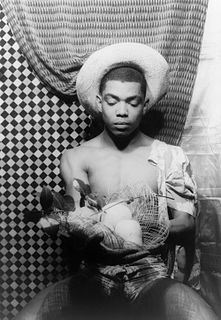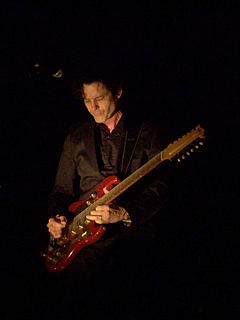A Quote by Abraham Joshua Heschel
People of our time are losing the power of celebration. Instead of celebrating we seek to be amused or entertained. Celebration is an active state, an act of expressing reverence or appreciation. To be entertained is a passive state--it is to receive pleasure afforded by an amusing act or a spectacle.... Celebration is a confrontation, giving attention to the transcendent meaning of one's actions. Source: The Wisdom of Heschel
Related Quotes
In fact, entertainment has taken the place of celebration in the present world. But entertainment is quite different from celebration; entertainment and celebration are never the same. In celebration you are a participant; in entertainment you are only a spectator. In entertainment you watch others playing for you. So while celebration is active, entertainment is passive. In celebration you dance, while in entertainment you watch someone dancing, for which you pay him.
Participation is bliss because the whole universe is celebrating. Every moment it is celebrating. It is a great celebration, a constant celebration. Only we are not part of it. We have detached ourselves and are in misery. Man is in misery because of the mind. The flowers are participating in the celebration, the moon is participating, the stars are participating, the earth is participating, the oceans are participating, the air and the clouds - everything is participating in that continuous, eternal celebration.
I have always thought of poetry as an act of celebration. Just by nature of writing a poem you are taking the time to dwell on whatever it is that you're writing about...you can be celebrating anger, you can be celebrating sorrow... you are spending the time to focus and observe and try to understand the various parts of being human.
So your life becomes a vital celebration, your relationship becomes a festive thing. Whatsoever you do, every moment is a festival. You eat, and eating becomes a celebration; you take a bath, and bathing becomes a celebration; you talk, and talking becomes a celebration; relationship becomes a celebration. Your outer life becomes festive, there is no sadness in it. How can sadness exist with silence?
Who is a god? A god is one who has learned the secret of being happy with the whole universe, with every flower and with every river and with every rock and every star; who has become one with this continuous eternal celebration; who celebrates, who doesn't bother whose celebration this is. And wherever there is a celebration, he participates.
I think that poetry is an act of celebration, that anytime you're writing a poem, it means that you're celebrating something, even if it's a sad poem, if it's an angry poem, a political poem or anything at all. The fact that you're taking the time and energy to pick up this thing and hold it to the light, and say, "Let's take some time to consider this," means that you've deemed it worthy enough to spend time on - which, in my opinion, is celebrating.

































